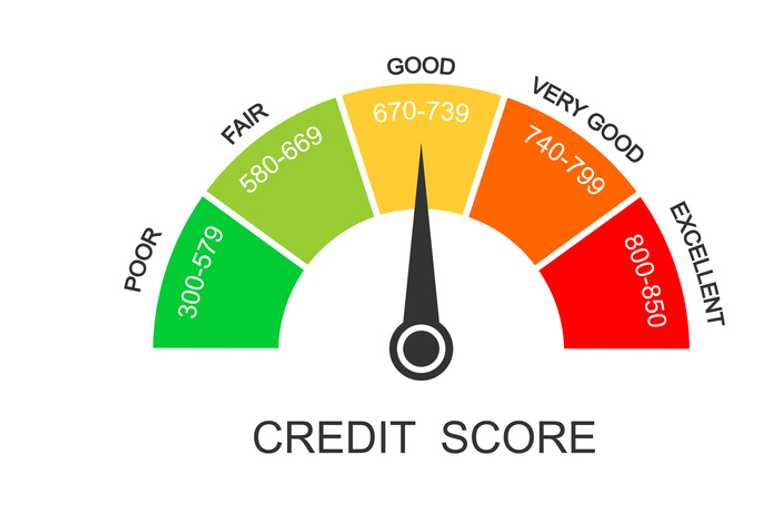Your credit score is a critical financial indicator that lenders, landlords, and even employers use to evaluate your creditworthiness. In this short article, we’ll explain what a credit score is and how it’s calculated.
What is a Credit Score?
A credit score is a three-digit number that reflects your creditworthiness. It’s a snapshot of your financial history and indicates how likely you are to repay borrowed money or fulfill financial obligations. Credit scores are used by creditors and lenders to assess the risk of lending to you, and they play a significant role in determining the interest rates and terms you’ll receive for loans and credit cards.
How is a Credit Score Calculated?
Credit scores are calculated based on the information found in your credit reports. The most commonly used credit scoring models are created by FICO® and VantageScore®. While the exact formulas are proprietary, the following factors generally influence your credit score:
- Payment History (35%): This is the most crucial factor. It reflects whether you’ve paid your bills on time, including credit cards, loans, and other debts. Consistently making on-time payments boosts your credit score.
- Credit Utilization (30%): This measures the percentage of your available credit that you’re currently using. It’s advisable to keep your credit utilization below 30% to maintain a healthy score.
- Length of Credit History (15%): A longer credit history generally leads to a higher credit score. It considers the age of your oldest and newest accounts and the average age of all your accounts.
- Credit Mix (10%): Lenders prefer to see a mix of different types of credit, such as credit cards, installment loans (e.g., car loans), and mortgages. A diverse credit portfolio can positively impact your score.
- New Credit Inquiries (10%): Each time you apply for credit, a hard inquiry is recorded on your credit report. Multiple recent inquiries may lower your score temporarily.
Why Your Credit Score Matters:
A good credit score can open doors to better financial opportunities, including lower interest rates on loans, higher credit limits, and lower insurance premiums. It can also affect your ability to rent a home, secure employment, or obtain favorable terms for utilities and cell phone plans.
Monitoring Your Credit Score:
It’s essential to regularly monitor your credit score and credit reports for errors or discrepancies. You can access free credit reports from each of the major credit bureaus (Equifax, Experian, and TransUnion) annually at AnnualCreditReport.com. Many credit card companies also offer free access to your credit score, making it easier to stay informed.
In conclusion, your credit score is a vital financial tool that reflects your creditworthiness. Understanding how it’s calculated and taking steps to maintain or improve it can have a significant impact on your financial well-being. By practicing responsible credit management, you can work towards achieving and maintaining a good credit score.





